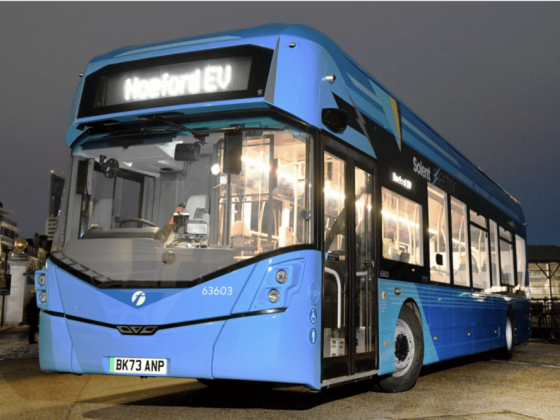DfT announces trial of driverless lorries
The Department for Transport (DfT) has announced that the UK is set to ‘lead the way’ in testing driverless ‘HGV platoons’, with driverless lorries to be piloted on UK roads.
The DfT claimed the technology will enable vehicles to move in a group, using less fuel.
According to the Times, the trials are due to take place on the M6 in Cumbria later this year, with vehicles in convoy headed by a driver in the leading lorry.
The plans involve platoons of up to 10 computer controlled lorries being driven metres apart from each other. Chancellor George Osborne is also expected to announce the move in his Budget speech this month and is preparing to fund the trials as part of plans to speed up lorry deliveries and reduce congestion.
However, Edmund King, president of the AA, has argued that although the scheme has worked in other countries, it may not prove as successful in the UK.
He explained: "The problem with the UK motorway network is that we have more entrances and exits of our motorways than any other motorways in Europe or indeed the world, and therefore it's very difficult to have a 44 tonne 10-lorry platoon, because other vehicles need to get past the platoon to enter or exit the road."
The news arrives after Daimler developed a driverless lorry which was tested on public roads in Germany last October.
The vehicles operate via a ‘highway pilot’ which can be activated at the press of a button, and aids the van in avoiding other road users using a radar and camera sensing system. Nonetheless, Daimler have insisted that a human driver must be present and focused on the road at all times.
Commenting on the new development, a DfT spokesman said: "New technology has the potential to bring major improvements to journeys and the UK is in a unique position to lead the way for the testing of connected and driverless vehicles.
"We are planning trials of HGV platoons - which enable vehicles to move in a group so they use less fuel - and will be in a position to say more in due course."



